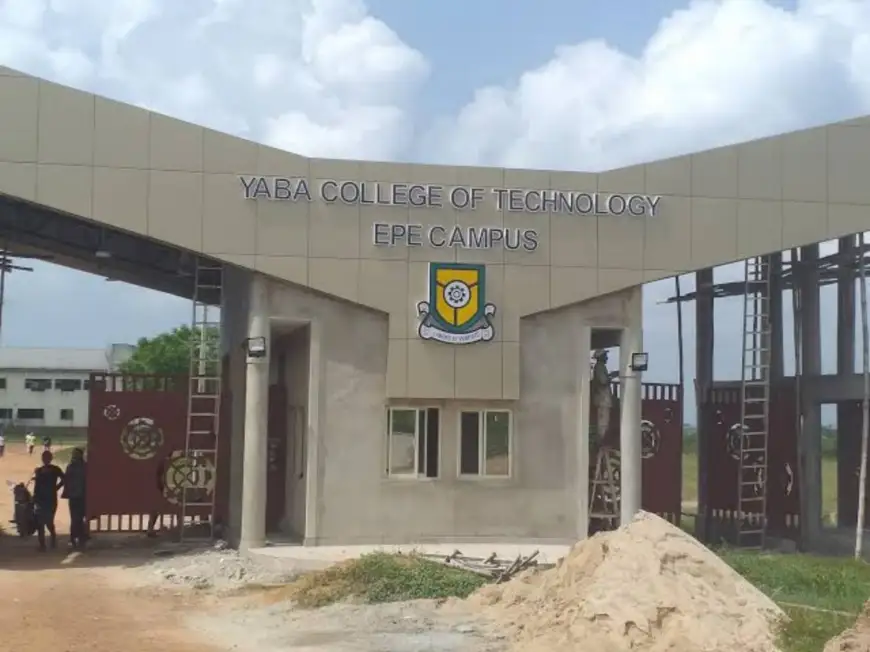Yaba College of Technology has secured a €117,000 grant, estimated at N200 million, from the European Union to develop a solar-powered integrated aquaponics system. The project will focus on catfish production alongside vegetable and maize farming.
In a statement released on Monday, Adekunle Adams, spokesman for Yabatech, confirmed that the grant was obtained under a project titled ‘Integrated Aquaponics System for Sustainable Catfish Production and Dual-Crop Cultivation of Leafy Vegetables and Corn’.
The initiative, known as AQUACLEC, is being coordinated by Funmilayo Doherty, who also serves as the director of the Centre for Research Support and Grants Management at Yaba College of Technology.
The project will benefit from technical support provided by the University of Lagos, the University of Turku, and the University of Lapland.
Mr Adams explained that the aim of the project is to advance food security in Nigeria through the introduction of a solar-powered aquaponics system that integrates catfish production with maize and vegetable farming.
“Yabatech has recorded another major breakthrough in research and innovation after securing a grant of €117,000, equivalent to over N200,000,000, from the European Union’s Horizon Europe programme,” he said.
The spokesman added that the grant will support the creation of a local innovation hub in Lagos, testing and replication of the system, and the promotion of sustainable agriculture and community-based food resilience.
He further noted that Ms Doherty attributed the achievement to Yabatech’s commitment to aligning its research agenda with both national and international challenges under the leadership of Ibraheem Abdul.
According to her, the college has made deliberate efforts to bridge the gap between technical education and real-world applications, ensuring that Nigerian youths are prepared to compete in local and global markets.
“The present administration of the college has consistently supported research proposals and international collaborations that extend beyond the classroom, reinforcing Yabatech’s image as a hub of innovation and social impact,” Ms Doherty stated.
She emphasized that the aquaponics project is designed to be replicable and scalable across Nigeria and West Africa. It will leverage Yabatech’s pool of over 200 PhD-qualified lecturers for research, training, and policy engagement.
Mr Adams highlighted that this development follows another achievement by the institution under the National Youth Employment Skills Acquisition Framework (NYESAF), where 200 young Nigerians were trained in digital and creative media skills.
He added, “The EU grant and NYESAF programme highlight Yabatech’s dual role as a centre of academic excellence and driver of national development, meeting technical education and real-world needs.”

